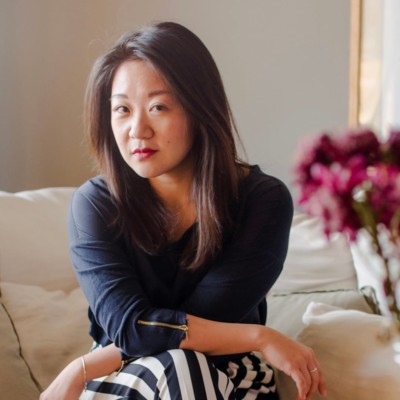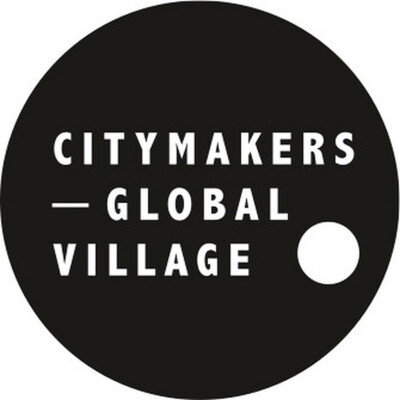
LU Ying studied International Business and economics at Turku School of Economics at the University of Turku, Finland, and at Fudan University, Shanghai. Born in Shanghai, raised in Finland and having lived across three continents, Lu Ying is an impact-driven business leader with a passion in urban ecosystems. She is co-founder and CEO of Future Urban Living, a pioneering project in Shanghai with the mission to help businesses shift from the linear ‘make-use-dispose’ model towards circularity and reimagening the way value is created in our economies. To learn more about LU Ying’s projects and her thoughts on city making, we asked her 6 questions:
What is your city?
My city is any city in the world that feels like home. I have lived in 8 cities, across 3 continents. Growing up between Finland and Shanghai, both places represent ‘home’ to me in the deepest sense, from its people and local cuisines to humor and simple things like sunlight. While these are two very different regions, their influence on my identity today is undeniable. My latest city in Finland was Turku, with its vibrant summer life around its river crossing the town full of history as the first capital of Finland. Shanghai, on the other hand, with its 25 million population has undergone such a tremendous transformation over the past decades it is full of contrasts from ancient culture to cutting-edge technology. Living in Shanghai truly makes you feel like anything is possible. Along the line, Amsterdam and New York City also have a very special place in my heart, where my sense of belonging has been strong from day one. I am privileged to have experienced so many different cities and feel like I can call them home.
What does “city” mean to you? How do you define a “citymaker”?
To me, I see cities as extremely complex sets of constantly evolving organisms and ecosystems in an urban area. Each city has its own soul and culture that is defined by its legal structures, economy, political situation and its residents. Ultimately, it all comes down to the city’s urban communities. Still today, I feel communities and sub cultures within those groups are often underestimated in everything we do from urban planning to city development and even in innovation.
And what fascinates you about cities?
Cities never fail to fascinate me. Basically, you could think of cities as rich clusters of resources with high flows of material, capital, talent and information. They are ideal grounds for testing new ideas and co-creating together with their own communities. These communities often organically evolve to have sophisticated social structures that eventually become the very soul of a city. People in these communities are what make our cities today. Therefore, these people to me are ‘citymakers’.
What are you currently working on?
I’m currently steering a few different businesses, one of which is called Future Urban Living (FUL). In FUL, we rethink and reimagine value creation in the Circular Economy for businesses and cities. We create solutions by design. Shifting from the linear economic model (make-use-dispose) into a circular one is a complex challenge, therefore we collaborate cross-sector and use systems thinking to help our clients. We’re currently working with multinational enterprises in the private sector as well as intergovernmental organizations.
If you could submit a proposal for a CITYMAKERS China – Europe project…?
Urban Innovation Pockets! As a concept for cities to test new ideas as micro-labs, pockets are ‘test beds’ that embed the principles of three big themes: livability for citizens, smart re-optimization of resources and circular models. Circularity creates regenerative, resilient and abundant cities organically. I would find it interesting to pilot a few pockets in China and Germany to bridge the gap of diverse communities, modular and mix-use built environment and enable further innovation through its residents. As far as general dialogue topics are concerned I suggest environment and mobility which are are especially interesting areas to tap deeper into, as well as circular solutions in cities i.e. circular cities.
Since our issue #4 of our CITYMAKERS InterVIEWS focuses on “Healthy Cities”: What is your understanding of Healthy City?
Generally speaking, I’m a fan of human-centric solutions in everything, which is why I believe Healthy Cities would cater nicely as a livable and health-driven concept that goes hand-in-hand with smart cities.
More about LU Ying:
